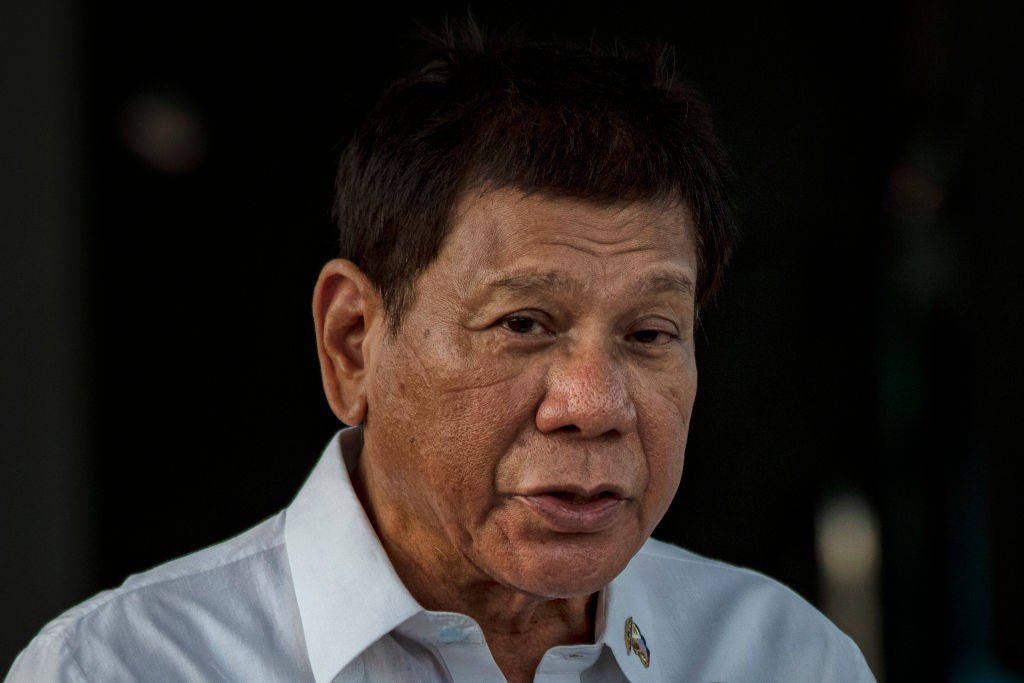The possible reasons why Rodrigo Duterte is retiring from Filipino politics


A free daily email with the biggest news stories of the day – and the best features from TheWeek.com
You are now subscribed
Your newsletter sign-up was successful
Rodrigo Duterte, the president of the Philippines, surprised some folks when he announced Saturday that he was reversing his decision to campaign for vice president in the country's election next year.
Because Duterte was known for an authoritarian governing style, perhaps best exemplified by the violent war on drugs he launched, his critics suspected his pursuit of the vice presidency was really a front to circumvent the Filipino constitution, which prevented him from running for re-election. As second-in-command, he could still return to the presidency if his successor were to leave office for any reason.
Now, he's acknowledging that the "overwhelming sentiment" throughout the Philippines is that he isn't the right person for the job. So, how did he reach that point of apparent self-awareness?
The Week
Escape your echo chamber. Get the facts behind the news, plus analysis from multiple perspectives.

Sign up for The Week's Free Newsletters
From our morning news briefing to a weekly Good News Newsletter, get the best of The Week delivered directly to your inbox.
From our morning news briefing to a weekly Good News Newsletter, get the best of The Week delivered directly to your inbox.
Skeptics would first point out that he's gone back on his word before, The Wall Street Journal notes. But Richard Heydarian, an associate professor at Polytechnic University of the Philippines who focuses on geopolitics, said Duterte may think he has a better shot at retaining influence over the country's politics if he steps out of a formal role and instead plays kingmaker. Others think he may be clearing the path for his daughter, Sara Duterte-Carpio, to make a surprise bid for the presidency. Duterte-Carpio, the mayor of the Philippines' third-largest city, has said she wasn't seeking the role and has filed for re-election, but she has typically topped opinion prospective polls and would likely become a frontrunner, Reuters reports.
A free daily email with the biggest news stories of the day – and the best features from TheWeek.com
Tim is a staff writer at The Week and has contributed to Bedford and Bowery and The New York Transatlantic. He is a graduate of Occidental College and NYU's journalism school. Tim enjoys writing about baseball, Europe, and extinct megafauna. He lives in New York City.
